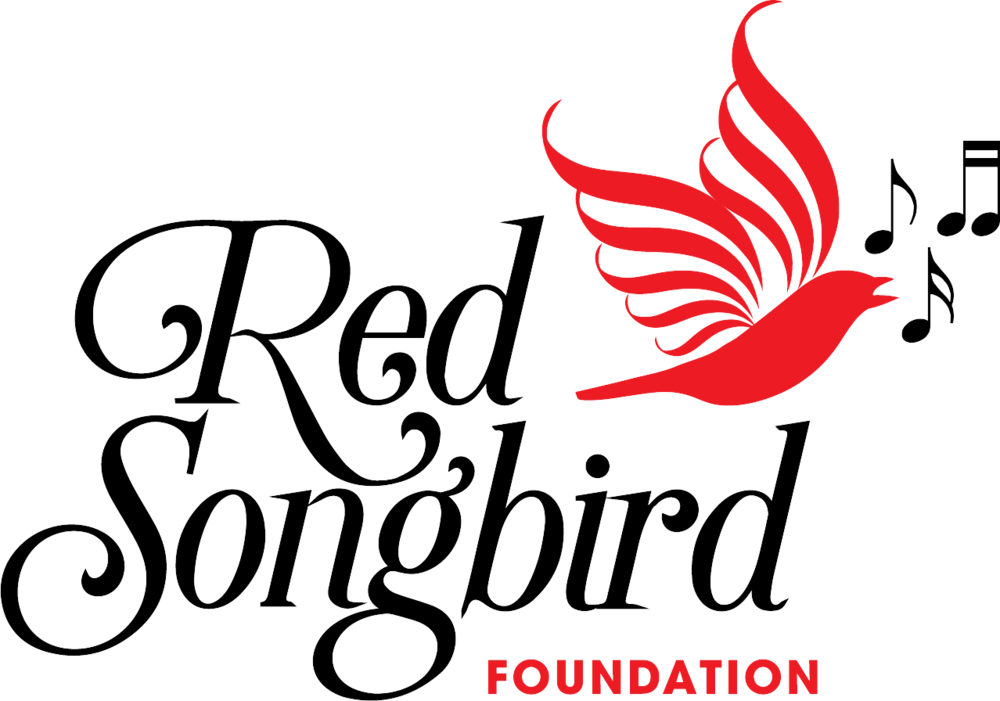What is an Intervention and how can I be prepared?
What is an Intervention and how can I be prepared?
By Jaana Woodbury, CADC-I, CCAR
When a loved one is struggling, it can be difficult deciding when to ‘intervene’ or the best time to take a supportive action. It is important to know what an intervention is and the most effective way to go about it. It is just as important (if not, more important) to be prepared with treatment resources to provide. These two elements are crucial to successful planning and increasing a positive outcome.
An intervention is an act to improve a situation, typically strategized and executed with a trusted health professional. At some point, it is inevitable that substance users or those struggling with mental health disorders will undergo some sort of intervention, or a plan initiated by loved ones to address untreated issues.
There are a variety of elements that can jeopardize an intervention. More than likely, family dynamics have been drastically impacted and emotions are high. There may also be a dynamic in which the one struggling is co-dependently being enabled by someone within the family system. It is also usually NOT the case where those that are struggling openly ask for help. The shame associated with substance use disorders and mental health can be overwhelming and the decision to seek help will need to involve a strong push from the support system.
There are 3 things to highly consider when planning an intervention:
1. The Team
Aside from a professional interventionist, only individuals who are committed to the process should participate. People who also have a level of influence should be considered to take part in the intervention. Considering their ability to show up in a setting where there is vulnerability is important as this can impact the loved one saying ‘yes’ to treatment
2. Prepare and Manage Expectations
Every person and family are different and preparation before any intervention is vital. During this time, team members may have been given alternative ways that are healthy to address the addiction or mental health disorder. This can include suggestive 12-step meetings for families such as al-anon. Former ways of judgement and closed-mindedness will not work. It is the goal for members of the team to unite as a front and come from a voice of love and opportunity.
3. Have treatment resources available
Having treatment options vetted is just as important as the intervention. According to the Association of Interventions (AIS), 8 out of 10 interventions will result in a commitment to treatment. Once there is a commitment to treatment, there will be limited time in getting your loved one successfully admitted. Denial can start to set in or rethinking different ways to address the presenting issues are thought processes most interventions are up against. Determining the right level of care (how acute or severe your loved one is) and choosing a facility that accommodates identified treatment goals can support or hinder the treatment process. A treatment facility will either primarily treat substance use disorders, or they will treat mental health disorders. There is also a difference in level of care, which will either be on an inpatient basis, or an outpatient basis. It is imperative to decide with your health care professional a clinically and medically appropriate treatment plan.
Families are often fearful of what may happen if they intervene on their loved one. They may be in fear that they could make it worse. They may even have a hard time with their loved one getting well because they are so used to enabling or being the caretaker. To carry disorders of others in this way is to be unhealthy. It is impossible for us to control others and when others are in addiction or struggling with mental health, choice became robbed.
Just in the last 2 years alone, substance use disorders and mental health issues have more than tripled than the previous years before and overdoses among suicide rates have more than doubled. We are facing the worst substance abuse and mental health crisis and its important now, more than ever to stop ignoring if there is an issue in your life or your loved ones. Planning an intervention could be the very step that saves a life. To learn more about how you or your loved one can be assessed by a mental health professional, please visit www.redsongbird.org.
-Jaana Woodbury
Published November 7, 2022

